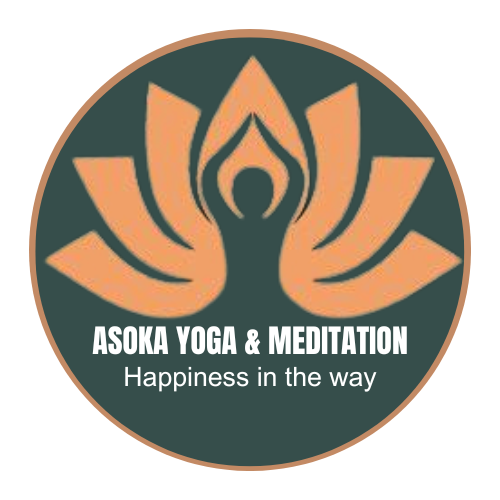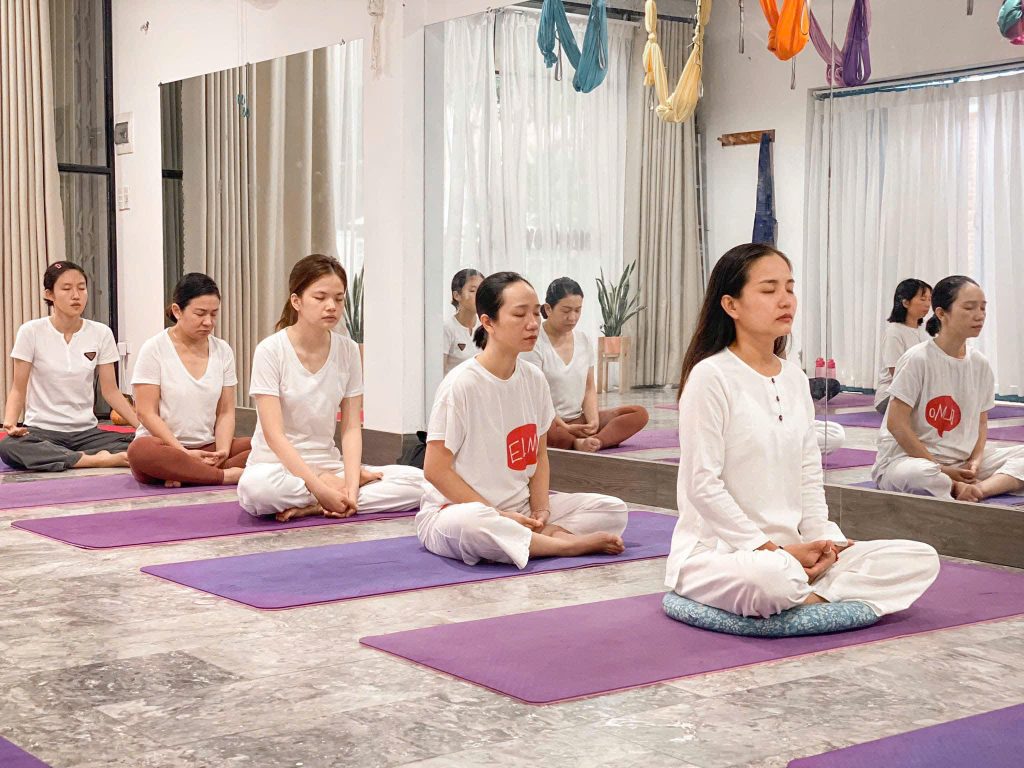Meditation doesn’t have to be complicated. If you’re new to the practice, these easy, science-backed techniques will help you cultivate calm, focus, and mindfulness—no experience required.
1. Breath Awareness Meditation
How to Practice:
-
Sit comfortably (on a chair or cushion).
-
Close your eyes and notice your natural breath.
-
Focus on the sensation of air entering/leaving your nostrils.
-
When your mind wanders, gently return to the breath.
Why It Works:
-
Activates the parasympathetic nervous system (calms stress).
-
Improves focus (studies show enhanced attention span in 8 weeks).
Beginner Tip: Start with 3–5 minutes daily, gradually increasing time.
2. Body Scan Meditation
How to Practice:
-
Lie down or sit comfortably.
-
Slowly bring attention to each body part (toes → head).
-
Notice sensations without judgment—tension, warmth, tingling.
-
Breathe into areas of tightness to release them.
Why It Works:
-
Reduces physical tension linked to anxiety.
-
Enhances mind-body connection (helpful for chronic pain).
Beginner Tip: Use a guided recording if focusing is challenging.

3. Mantra Meditation
How to Practice:
-
Choose a calming word/phrase (e.g., “peace,” “I am calm”).
-
Silently repeat it with each inhale/exhale.
-
When distracted, return to the mantra.
Why It Works:
-
Gives the thinking mind an anchor (easier than silent meditation).
-
Shown to lower cortisol levels by 25% in stressed adults.
Beginner Tip: Try “So Hum” (meaning “I am”)—a traditional yogic mantra.
4. Walking Meditation
How to Practice:
-
Walk slowly (indoors or in nature).
-
Feel each step—heel, arch, toes lifting.
-
Sync breath with steps (e.g., inhale for 3 steps, exhale for 3).
Why It Works:
-
Ideal for those who fidget while sitting.
-
Boosts creativity and mood (Stanford study).
Beginner Tip: Practice barefoot on grass for grounding.
5. Loving-Kindness Meditation (Metta)
How to Practice:
-
Silently repeat phrases like:
-
“May I be happy. May I be healthy.”
-
Extend to others: “May you be safe. May you be at ease.”
-
Why It Works:
-
Increases compassion and social connection.
-
Reduces anger and loneliness (UNC Chapel Hill research).
Beginner Tip: Start with 1 minute sending love to yourself first.

Common Beginner Questions
❓ “How do I stop my thoughts?”
→ Don’t try! Just observe them like clouds passing and return to your technique.
❓ “What’s the best time to meditate?”
→ Morning (to set the day’s tone) or evening (to unwind).
❓ “How long until I see benefits?”
→ Research shows reduced stress in 2 weeks with daily 10-minute sessions.
Try This 5-Minute Routine
-
Breath Awareness (1 min) → 2. Body Scan (2 min) → 3. Loving-Kindness (2 min)
“You should sit in meditation for 20 minutes a day—unless you’re too busy. Then you should sit for an hour.”
— Zen Proverb
Ready to go deeper? Join our Beginner Meditation Classes in Hoi An!
#MeditationForBeginners #Mindfulness #StressRelief

